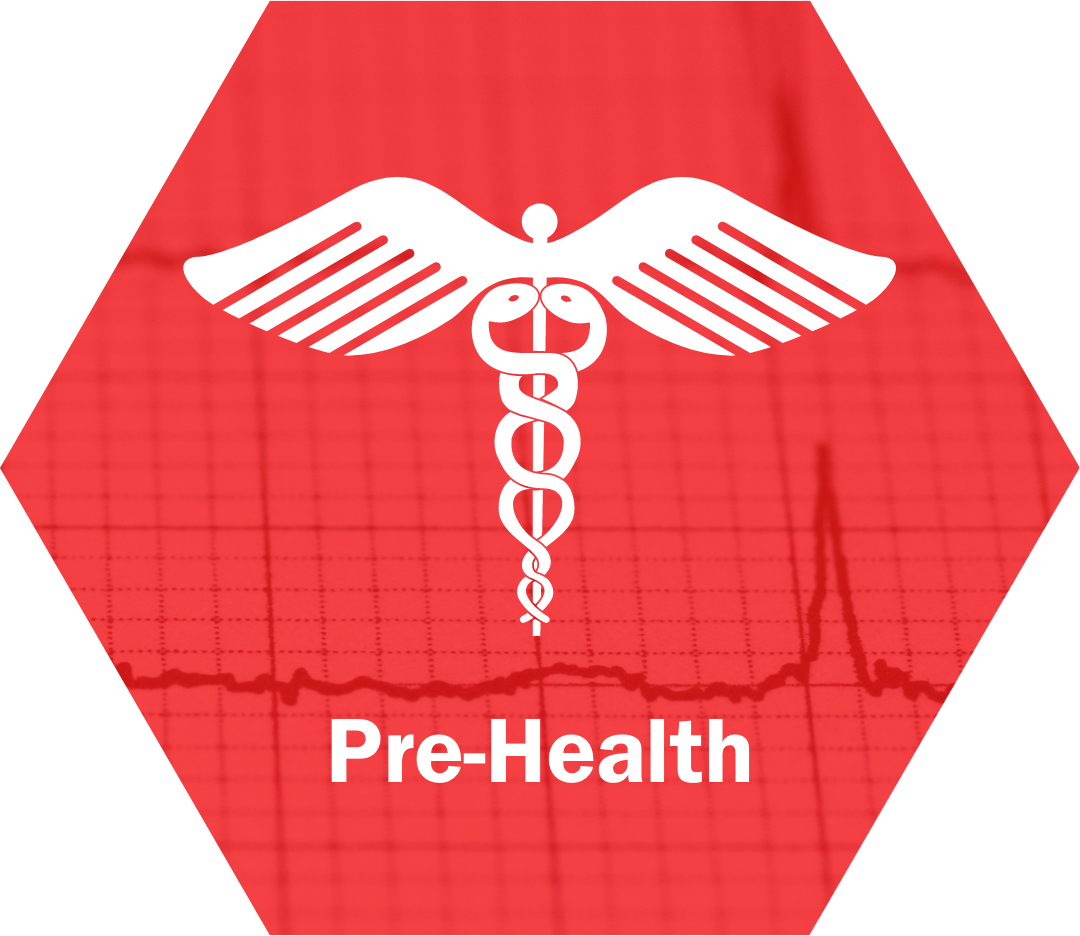
Bridge Year Options
A bridge year(s) between graduation and entry to a health professional school has become increasingly common. The average matriculant age for many health professional programs now ranges from 24 - 28 years of age. Students who engage in a bridge year go through the same application process, however the timeline is extended over an additional year. Events such as completing the entrance exam, completing school applications and attending interviews occur one year later.
A bridge year can and should be used for a variety of purposes, all of which depend on a careful assessment of your candidacy for your health profession of choice. Consider your preparation in the following areas as it relates to the Pre-Health Pillars:
- Academic
- Career
- Personal
Timeline
There are many different paths toward health professions school, and below shows the options between not taking a bridge year versus taking one or more. Talk with a Pre-Health Advisor to discover what is the right path for you!
Click here for full image.
Post-Baccalaureate Programs
Here are different types of post-baccalaureate programs. We highly recommend utilizing the American Association of Medical Colleges (AAMC) website to explore the details of all post-bac programs nationally. The information below describes programs by category, highlights resources to begin a post-baccalaureate search, and highlights several programs within the region.
Program Categories
- Career Changer: These are for students who did not complete health professional program pre-requisites during their undergraduate degree. Thus, they consist of the basic science coursework required to apply to a health professional school.
- Academic Record Enhancer: These are for students who completed the pre-requisite coursework required to apply to a health professional program, but hope to enhance an existing undergraduate record.
- Special Masters Program: These are geared for students who completed the science pre-requisite coursework to apply to a health professional program. They allow students to complete coursework at the graduate level and often include a research experience component. Students earn a masters degree upon completion of the program.
- Programs for Students from Underrepresented Populations: These are intended for students who identify as underrepresented in healthcare or economically and/or educationally disadvantaged.
- Non-Degree Seeking / Special Student Status: This is not considered a formal post-baccalaureate program, but instead means that you could enroll as a student and select the courses you wish to take to complete or enhance your academic record for application purposes.

